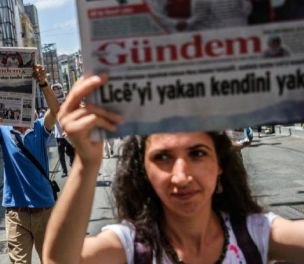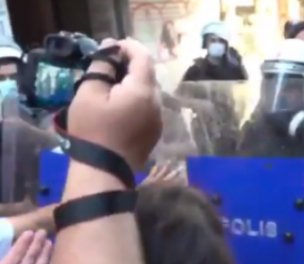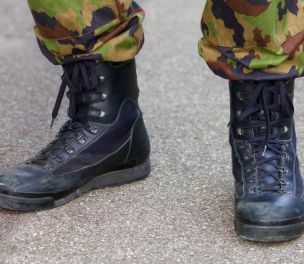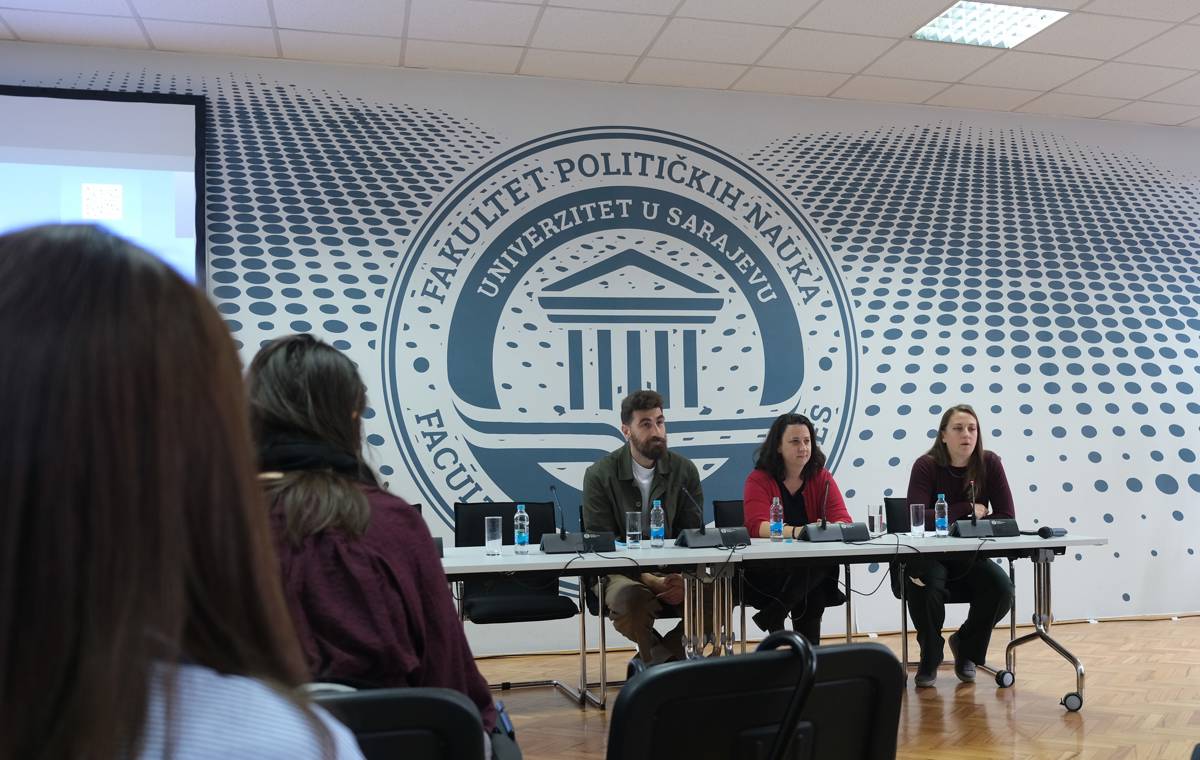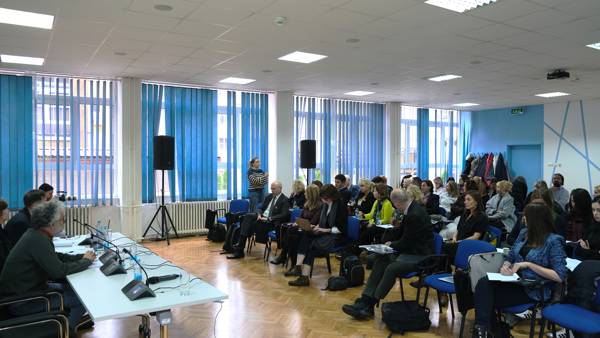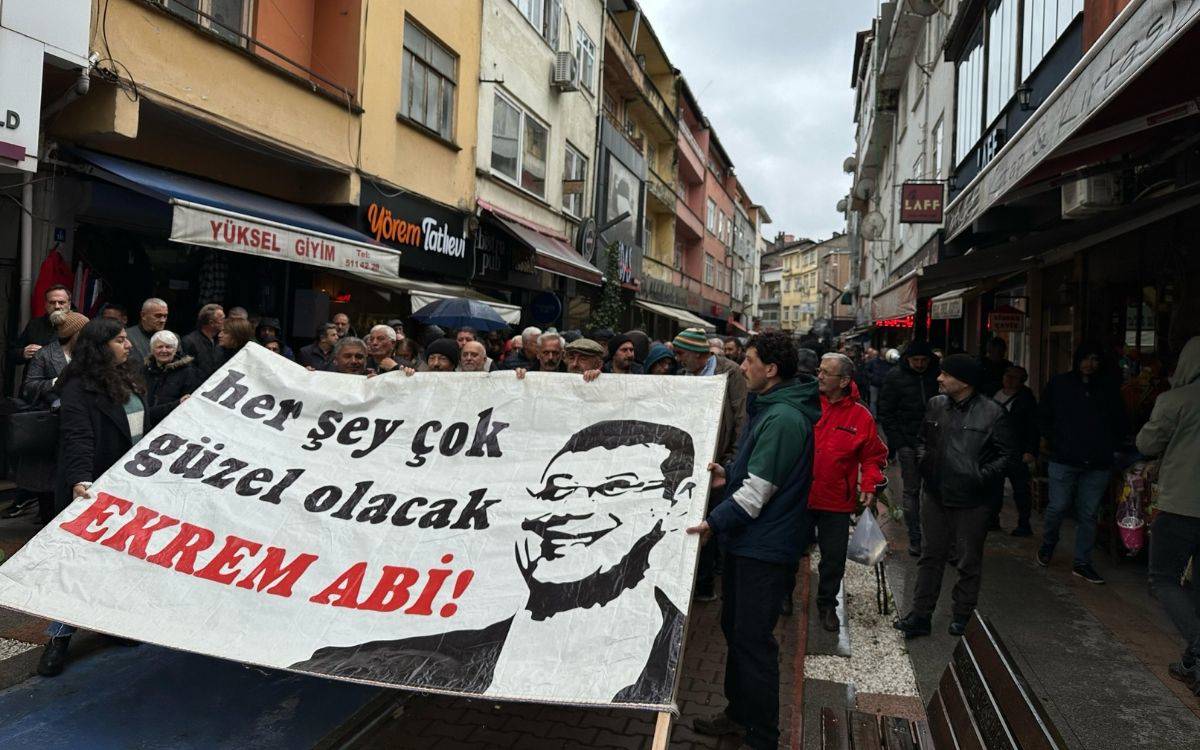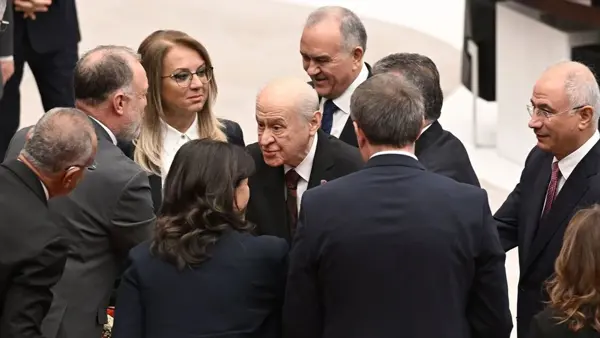Carnations laid on where Dink was shot in last year's commemoration event. (Photo: Hikmet Adal/bianet)
In the two-week period ending on April 4, four journalists were released after six months of pre-trial detention, one daily newspaper was imposed a public ad ban, and police got physical with journalists following the Boğaziçi University protests.
Also, the case concerning journalist Hrant Dink's 2007 assassination concluded after 131 hearings with 37 defendants acquitted and 26 convicted. His family appealed the decision.
Nationalist Movement Party (MHP) Chair Devlet Bahçeli continued name-calling journalists. Over the past few months, several of them critical of his party were assaulted.
Here is a summary of interferences with the news media listed in bianet's Media Monitoring Database between March 22 and April 4:
Bahçeli targets journalists again
The MHP leader targeted six TV pundits who regularly appear on the pro-government CNN Türk and Habertürk in Twitter posts on March 31.
He wrote that journalists Necdet Saraç, Şaban Sevinç, Orhan Bursalı and Sevilay Yılman, communication specialist Ali Haydar Fırat and Sonar pollster Hakan Bayrakçı were acting like "spokespersons" for the main opposition Republican People's Party (CHP).
He called these pundits, none of whom are explicitly critical of the government, "hired guns paid to lobby for snap elections."
Over the past few months, several journalists who were critical of the MHP were assaulted in two separate incidents.
In mid-January, two journalists and a politician were attacked in front of their homes in Ankara within 24 hours.
One of the journalists was Afşin Hatipoğlu, a TV host for KRT TV and a former head of the Grey Wolves, a nationalist group affiliated with the MHP, and the other was Orhan Uğurluoğlu, the Ankara representative of daily Yeniçağ, which had had a pro-MHP editorial policy until a few years ago.
The attacked politician, Selçuk Özdağ, who is currently the vice-chair of former PM Ahmet Davutoğlu's Future Party (GP), is also a former member of the MHP. All three people had criticized the party prior to the attacks.
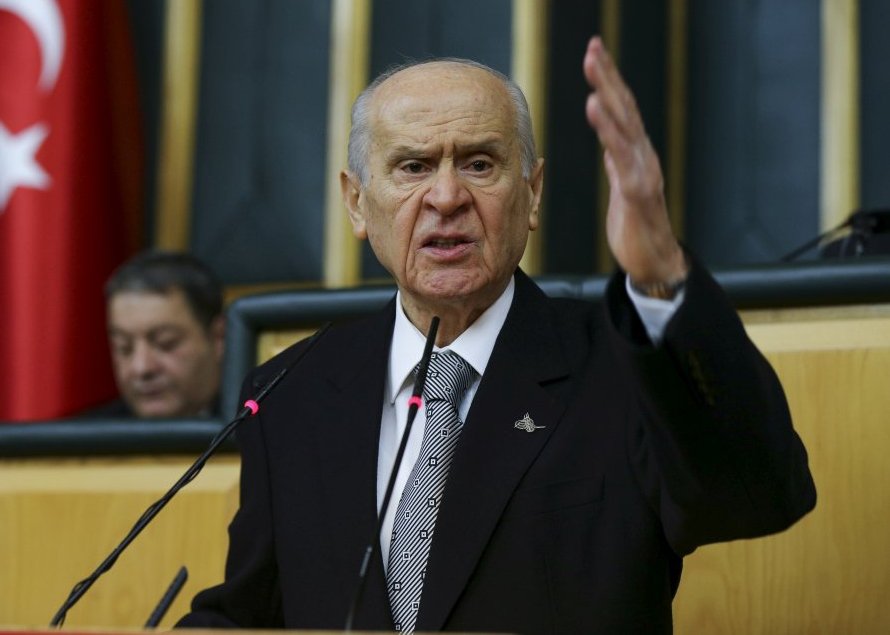 Devlet Bahçeli (Photo: AA/File)
Devlet Bahçeli (Photo: AA/File)
After the assailants were found to have ties to the MHP, the party's vice-chair, Semih Yalçın denied the party's involvement in the attacks but said the movement had "many madmen who wouldn't wait for instructions."
In Twitter posts, Bahçeli implicitly threatened journalists who criticized his party over the attacks: "The contract columnists of Karar Newspaper, for instance, Elif Çakır, Yıldıray Oğur, and Taha Akyol and other so-called columnists without a column... They had better not underestimate the MHP, they had better not cast aspersion on the MHP."
On March 8, journalist Levent Gültekin was assaulted by a group of about two dozen people in front of the building of Halk TV, where he works for.
The attack came four days after MHP Vice-Chair Yalçın called him "a charlatan pretending to be a journalist" and an "intellectual con man."
The people who carried out the attacks were not charged with organized crime and all of them were released after short detentions.
Hrant Dink case
The case of journalist Hrant Dink's killing in 2007 concluded after the 131st hearing on March 26. Thirty-six defendants were acquitted and 27 were given prison sentences, with four life sentences and two aggravated life sentences.
The family and attorneys of Dink, as well as rights advocates, said that those who were really responsible for the assassination were not revealed and punished.
CLICK - The events that led to Hrant Dink's killing and the trial
Erol Önderoğlu, the Turkey representative of Reporters Without Borders (RSF), who also runs the Media Monitoring Database, said after "This is the third trial and it does not comprise behind-the-scenes actors who threatened him with a statement, threw him before violent groups as an object of hate or failed to act so that he would get killed. As a matter of fact, the attorneys of the Dink family made an application to the ECtHR last year as they could not have over 20 officials put on trial."
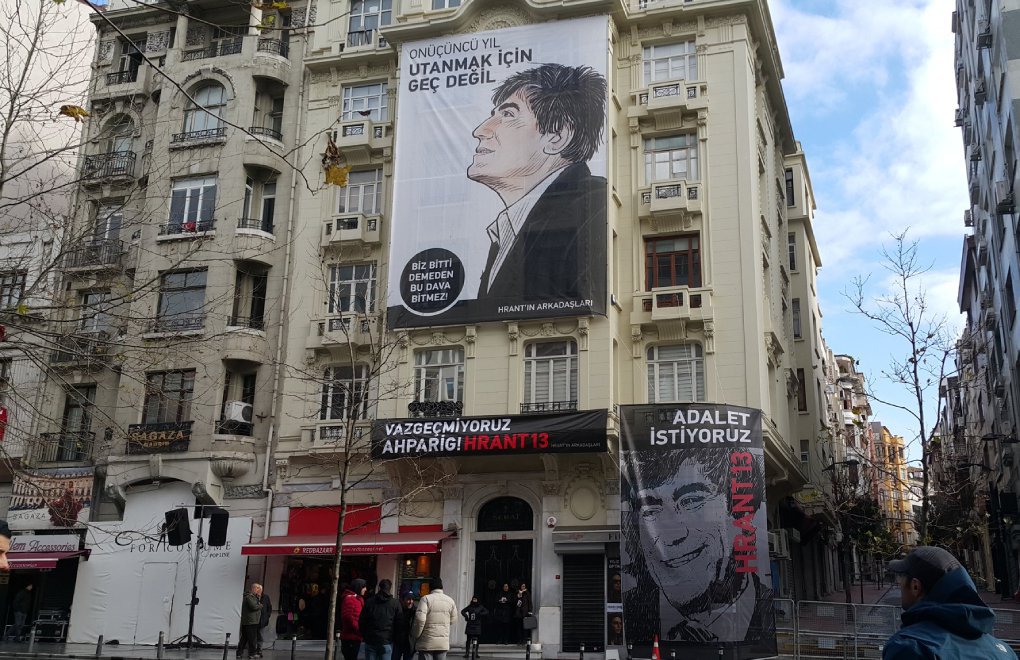
Releasing a statement after the killing, the Dink family said, "The murder happened after a three-year-long process of targeting and threats involving the General Staff, politicians, the judiciary, the media and some state-sponsored so-called non-governmental organizations.
"The operation didn't end with the killing; it continued with neglect, cover-up, evidence spoliation and misdirection. It is not possible for a trial that does not address all this mechanism to convince either us or the public.
"The judgment given today is quite far from this truth. Both understanding and explaining some sentence provisions are quite difficult. There are even verdicts that give the impression that not the evil itself but its leakage was punished."
Bülent Aydın of the "Hrant's Friends" group told bianet in an interview that "As for the ruling handed down in the 131st hearing, it was a ruling that was given as if all those hearings had not been held. It was a ruling, the boundaries of which had been set by the indictment and the prosecutor's final opinion as to the accusations. It had major deficiencies."
The Dink family's attorneys appealed the verdict on April 5, alleging that it was faulty and unlawful.
Journalists released after six-month arrest
Four journalists who had been in pre-trial detention since October for reporting on an incident of torture were released today (April 2) after the first hearing of the case.
Two people who were detained by soldiers during a military operation in the Kurdish-majority eastern province of Van in mid-September sustained severe injuries after being dropped from a military helicopter. One of them, Servet Turgut, lost his life on September 30, after days of intensive care treatment.
Mesopotamia Agency (MA) reporters Adnan Bilen and Cemil Uğur, Jinnews reporter Şehriban Abi and freelance reporter Nazan Sala, who reported on the incident, were taken into custody on October 6 and arrested pending trial on October 12 for "membership of an illegal organization."
Zeynep Durgut, another reporter for MA, is also facing the same charge but is not arrested.
Handing down its interim judgment, the court released all four journalists and announced the next hearing will be held on July 2.
Another ad ban for Evrensel
The Press Advertisement Institution (BİK), the agency responsible for placing public ads and notices in newspapers, fined Evrensel for referring to the police response to Boğaziçi University protesters as an "attack" in a news article published on February 3.
The BİK concluded that the newspaper violated the Press Ethics Principles and banned it from receiving public ads for five days.
It said that referring to the police response as "attack" rather than "intervention" was intended to "create a negative perception about our security forces that are loyal to our Republic and people."
Established for financially supporting independent newspapers, the BİK distributes more than 400 million lira to newspapers all across the country and its ads are an important source of income for independent outlets.
In recent years, it has been increasingly using its authority to impose penalties on newspapers for violating ethical principles, especially on those critical of the government.
CLICK - 'Financial censorship': Public ad ban on Evrensel newspaper in place for 483 days
Physical intervention against journalists
Police intervened the students who wanted to hold a protest in İstanbul's Kadıköy district on April 1, 2021, in support of their friends arrested for joining the Boğaziçi University protests against the appointed rector.
Taking 35 people into custody, police officers also got physical Halk TV reporter Erdinç Yılmaz and camera operator Umur Çilingir, who were at the scene to cover the incident, by pushing and kicking them.
About Media Monitoring DatabaseThe Media Monitoring Database is based on BİA Media Monitoring Reports, which have provided a dependable and concise account of rights violations concerning freedom of expression in Turkey since 2001. The Database aims to create a data center through which the cases and interventions against journalists and media outlets can be monitored. With the database, we bring together lawsuits and other legislative, judicial or administrative interferences with the right to freedom of expression of journalists and media organizations. Click for all Media Monitoring Database summary reports |
(VK)





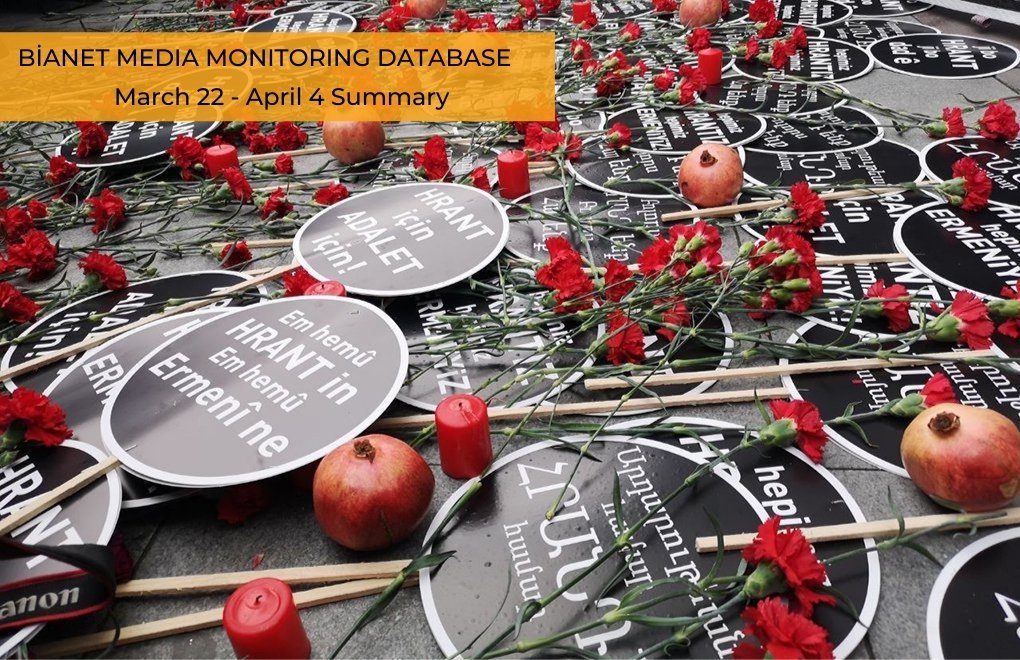

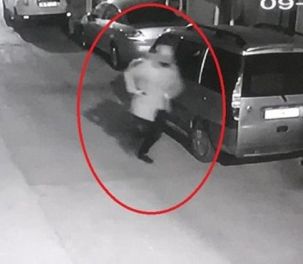
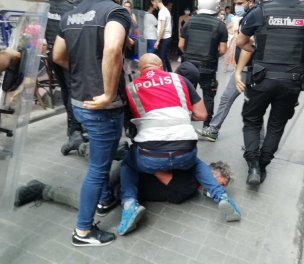
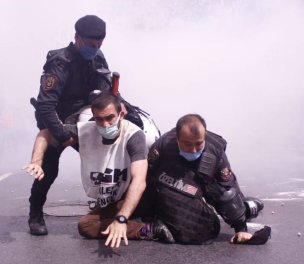


as.jpg)
